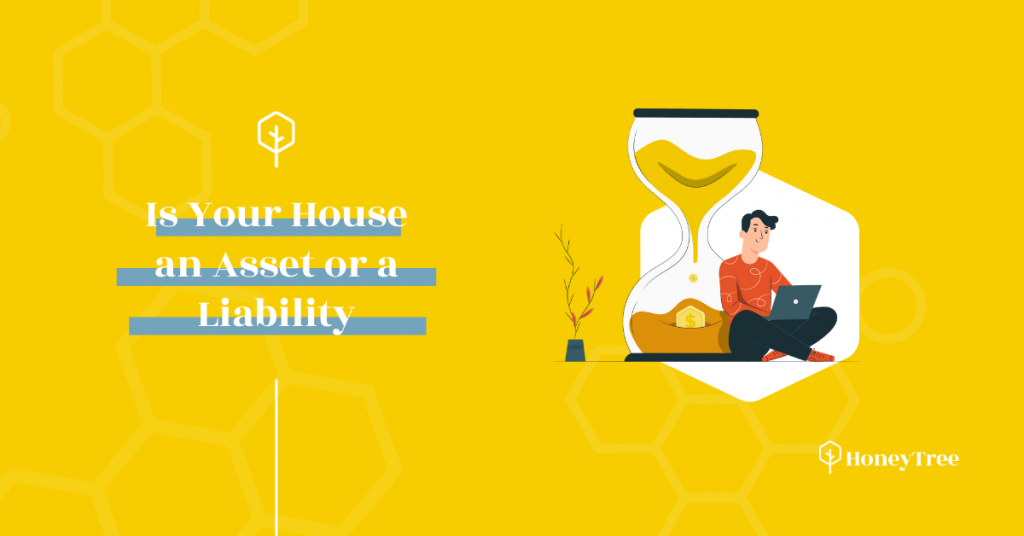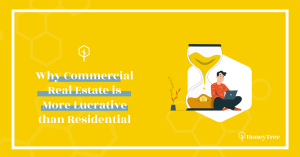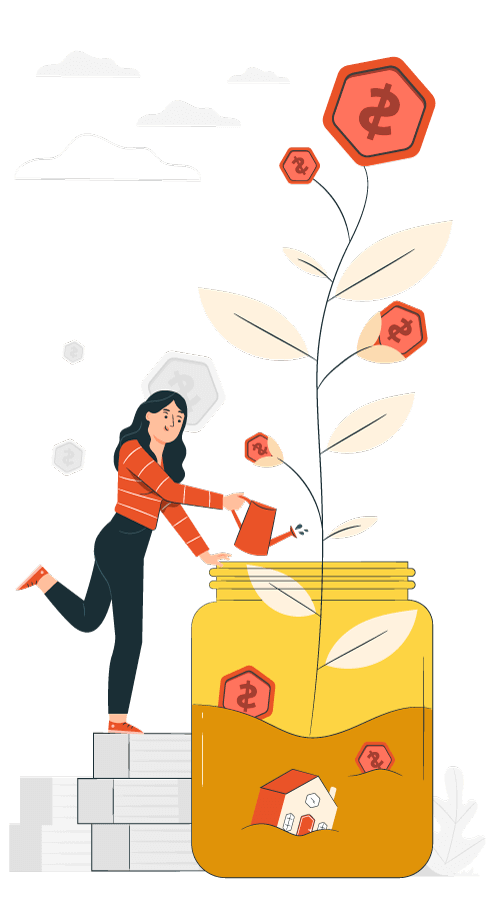Unfortunately, your house may not be the investment you believe it to be. To truly be considered an asset, your home simply needs to make you money in the future or be making you money right now. A mortgage that’s costing you money, however, is the opposite of an asset. The same goes for any utility payments, repairs and taxes. All of these expenses are, by definition, liabilities. If you don’t own your home and pay back interest to a bank or other lender, you’re technically contributing to their assets rather than your own.
It’s true, and very common, for people to make money off of their homes. Obviously, the easiest way to do so is to sell your house after years of living in it, thus appreciating it. Appreciation is simply the price difference between what you initially paid for your house and the amount you can sell it for. While it may seem like a significant profit, often appreciation only garners homeowners small returns. Appreciation, also, is never guaranteed.
Your house can only be considered an asset if it’s creating positive cash flow, something that only happens with investment properties. Income from renters works to cover expenses like taxes or mortgage repayments that would otherwise be considered liabilities if the home was occupied only for personal residential purposes. Rather than investing in real estate for appreciation, it’s wiser to invest for, well, cash!
At HoneyTree Grow, we make real estate investing simple. Our team consists of independently successful real estate investors who have been focused on building commercial real estate portfolios for over five years. Contact us to learn more!











